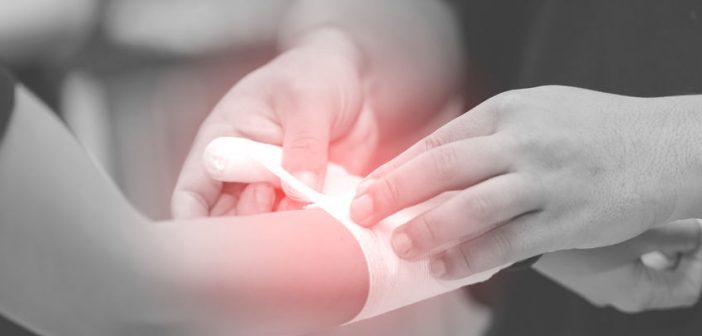Personal injury claims can seem daunting at the outset. But having all the relevant information before going ahead can make the process far more straightforward.
So we’ve put together this guide about what to expect when making a claim.
Someone has to be at fault
In order to make a personal injury claim, your injury will have to have been caused by someone else. This means that if you just suffered an unfortunate accident where no one but yourself was at fault, you won’t be able to make a claim. But when you’ve suffered an injury that required medical treatment and you know who is responsible – whether that’s a person or an organisation – then you can probably go ahead with a claim.
You should keep records of expenses
If your injury has meant you’ve had to pay out for various expenses – including on travel to and from medical appointments or the actual treatment you’ve required – you should ensure you keep the receipts and records of what you’ve had to pay out. You could be able to claim it back in compensation, so don’t just forget about what you’ve had to spend.
There are time limits
When making a personal injury claim, it’s always best to start the process as soon as you can. This is because you’re up against a deadline. In the majority of cases, you’ll have three years to make your claim. However, there are some exceptions to this rule. This includes children, who will have three years from their 18th birthday to make a claim. It also includes those claiming on behalf of someone who lacks the mental capacity to claim for themselves. Those claimants won’t face any time limits.
Record all the case details
One of the most important things to do when making a claim like this is to make sure you have all the details of the accident, who was involved and how it happened. This means that you’ll have to get the names and contact details for anyone who was involved in the accident or witnessed it happen. You should also get registration numbers of all involved vehicles and write a detailed account of what happened. Any photos and videos of the accident scene could be hugely valuable too.
You’ll need medical evidence
When you suffer a personal injury, you’ll need a medical report to show exactly what injuries you’ve suffered and how severe they are. This means you should seek out medical attention as soon as you can. Aside from helping your case, the sooner you get medical help, the sooner you’ll be on your way to recovery. It’s important to share all of your symptoms with the doctor examining you.
Explain how the injury has affected you
It could be a good idea to keep a record of how the injury you’ve suffered has affected you. Include details such as whether you’ve had to stop working or if you haven’t been able to exercise or take part in your usual hobbies. You should also include any psychological effects you’ve suffered as a result of the accident.





Claim Process. If you have been injured in an accident, your potential right to recover financial damages (monetary compensation) for your medical bills, pain and suffering, lost wages, and other losses, is referred to as your “claim” for damages. A claim is brought against one or more persons who caused your injuries.